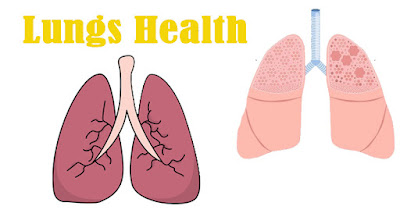 |
| Lungs Health |
Intro Lungs Health:
Cigarette smoke contains over 4,000 different chemicals including more than 70 carcinogens (cancer-causing agents). The tar in cigarettes builds up in your lungs and makes them sticky, which can lead to lung diseases like bronchitis and emphysema. Smoking can also cause severe respiratory symptoms including asthma attacks, coughing and frequent chest infections. But there are steps you can take to keep your lungs health improve. Take a look at these six ways to keep your lungs healthy and watch out for any warning signs of lung disease.
Stop smoking:
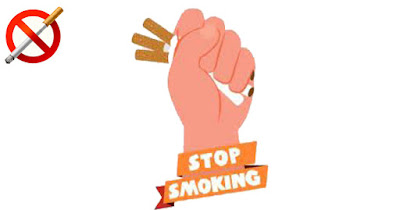 |
| Lungs Health |
If you smoke, stop now. There’s no such thing as a healthy smoker. Smoking is incredibly dangerous for anyone who does it—and it doesn’t get any healthier with age. In fact, smokers over age 50 are at greater risk for many smoking-related diseases than younger smokers. Quitting smoking can be extremely difficult, but there are plenty of things you can do to make quitting easier on yourself—and more importantly, on your body. If you’re struggling with quitting, talk to your doctor about how they might be able to help support you through that process so that together you can set goals and find techniques that work best for you personally. It is very dangerous for your lungs health.
Stay away from secondhand smoke:
Secondhand smoke doesn’t only put smokers at risk for lungs health problems. Secondhand smoke is harmful for nonsmokers as well. For example, people who live with a smoker are more likely to develop lung cancer than those who don’t—even if they don’t smoke themselves. They also face an increased risk of heart disease and stroke. If you currently live with someone who smokes, it’s important that you do what you can to avoid being exposed to secondhand smoke. Open doors or windows when possible (but make sure not to let in too much cold air). Even if you live alone, try keeping doors between your home and places where smokers congregate closed while they are smoking.
Wash your hands!
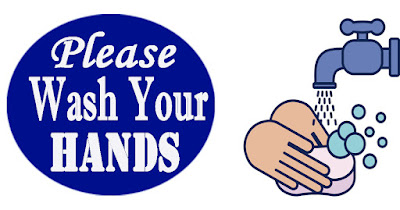 |
| Lungs Health |
Washing your hands regularly is one of those things we all know we should do, but don’t always actually get around to doing. But it’s so important: Recent studies have shown that most people touch their face multiple times throughout an average day, yet a majority don’t clean their hands before touching it—and studies show that transferring respiratory viruses like influenza can be as easy as touching a surface (like a door handle or light switch) and then putting our hand back in our mouth. You don’t wash your hands yours lungs health on bad performance, so wash up! It might be boring (again, what isn’t), but it could save you from being out of commission for days at a time due to sickness. And, hey, if you want to make it more fun, try singing Happy Birthday while washing your hands. Go ahead and sing it twice—once with each hand. You deserve it!
Get a flu shot:
It is important to get a flu shot every year, even if you have had one in previous years. The reason for that is because of evolution. The influenza virus mutates (changes) every year, so you need a new shot. If you have been exposed to a strain in previous years, your body develops antibodies that protect you for about three months or longer. Vaccines don’t work right away, but when they do work it can be within two weeks of getting vaccinated. It takes time for your body to create antibodies that fight off influenza viruses. Flu shots are given at different times of year depending on what type of vaccine is being used. Flu season usually starts around October or November and ends around March or April. In addition to getting a flu shot, you should also wash your hands frequently with soap and water, avoid touching your eyes, nose and mouth as much as possible, cover coughs with tissues and avoid people who are sick.
Protect yourself from
infections:
While there are things you can do on a daily basis to stay healthy, there are certain infections that necessitate antibiotics. When you get sick, go see a doctor if: · you have a fever or chills. · you’re very weak or tired. · your lungs health symptoms last more than three days or are severe. When you visit a doctor for an illness, there are several steps he or she will follow to make sure it's not something serious. The first is taking a detailed medical history of your current health status and any previous conditions you've had. The second is performing a physical exam, including listening to your heart and lungs with a stethoscope. Thirdly, doctors may run tests like blood work or X-rays to rule out other illnesses that could be causing similar symptoms. Finally, they'll prescribe medication as needed.
Keep an eye on your
blood pressure:
A high blood pressure reading can be an indication of a much more serious lungs health condition. If you have high blood pressure, you’ll need to take medication to bring it down, since quitting smoking without taking steps to control hypertension can result in deadly consequences. Additionally, it’s always wise to schedule regular checkups with your doctor, even if you don’t think something is wrong. Get a professional opinion on how well your lungs are functioning; they may give you a heads up on other problems that aren’t so obvious at first glance. For example, early detection of lung cancer allows for treatment that improves chances of survival significantly.
Eat plenty of
vegetables:
 |
| Lungs Health |
Being vegetarian or eating foods rich in fiber can significantly reduce your risk of developing lungs health cancer. While meat products can be high in carcinogens, vegetables are full of antioxidants that help repair damage done by toxins and pollutants. Leafy greens, broccoli, tomatoes, peas and carrots are among some of healthiest vegetables out there. If you choose not to become a vegetarian completely but want to reduce risks associated with lung cancer, and then make sure you eat a lot of these foods on a regular basis. These nutrients won’t eliminate your risk completely but they certainly aren’t going to hurt. In fact, recent studies have shown that people who ate more fruits and vegetables had a lower risk of developing lung cancer.
To get even more benefit from your diet, focus on increasing your intake of dark green leafy vegetables as well as cruciferous veggies like broccoli and cauliflower. These particular types are known for being particularly beneficial for our respiratory system. Other great choices include beans, berries and citrus fruits (oranges especially). Blueberries in particular have been shown to protect against cell mutations linked to increased cancer risk—so it may be time to start making them part of your daily diet! Of course you don’t need any special reason or excuse to add any fruit or vegetable into your diet – they should always play an important role regardless!
Maintain optimal weight:
Excess body fat can increase stress on your respiratory system. When you're overweight, it may be hard to breathe deeply or hold your breath long enough when exercising. You might even find that you get short of breath when just walking up a flight of stairs. This type of shallow breathing causes some lung tissue cells to atrophy (shrink). Over time, if you don't lose weight, some muscle in your chest wall atrophies as well. Your lungs work less efficiently, making it harder for you to exercise, which in turn makes it harder for you to lose weight. In addition, excess body fat is linked with an increased risk of developing a chronic obstructive pulmonary disease (COPD), such as emphysema or chronic bronchitis.
Drink lots of water:
 |
| Lungs Health |
A common misconception is that water leads to weight gain. As a matter of fact, not getting enough H2O can have serious adverse effects on your health. When you drink plenty of water your lungs health is better than before. The Institute of Medicine recommends a minimum of 91 ounces (nearly 9 cups) for men between 19-50 years old. If you’re sedentary or obese, aim for even more. Dehydration is bad news: you feel tired, lethargic, and irritable and find it difficult to focus on tasks.
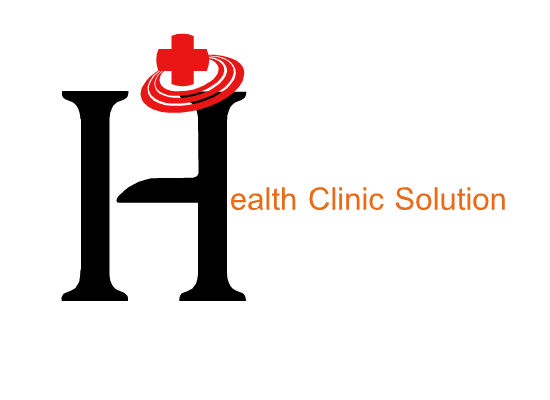

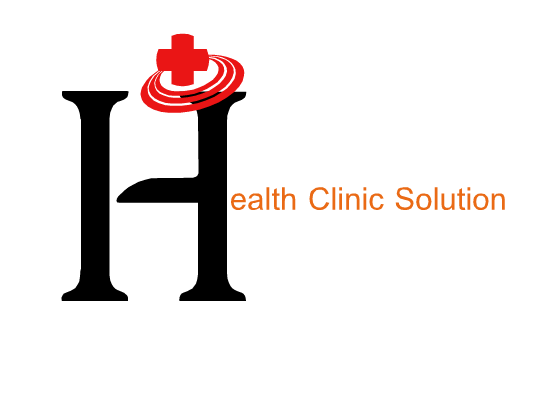



0 Comments